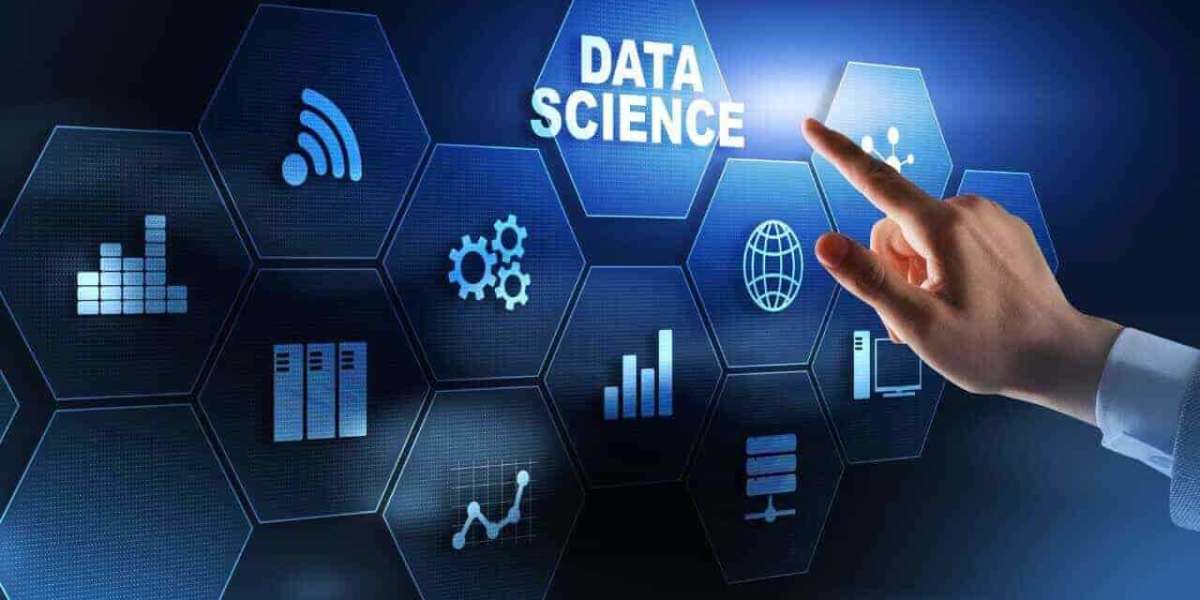Introduction
In the world of artificial intelligence (AI) and data science, deep learning has emerged as a key player, promising to revolutionize many fields. By emulating the working of the human brain to interpret data such as images, sound, and text, deep learning is advancing the field of data science and opening up new opportunities for businesses, researchers, and policymakers alike.
What is Deep Learning?
Deep learning is a subset of machine learning, which in turn is a subset of AI. It involves the use of neural networks with several layers - hence the term 'deep' in deep learning. These layers of neural networks operate on the data, learning and improving their accuracy over time. Deep learning algorithms can learn directly from raw data, eliminating the need for manual feature extraction, a process typically required in traditional machine learning models.
Deep Learning in Data Science
The impact of deep learning in data science is profound and diverse. Let's delve into some of its primary applications:
Image Recognition
Deep learning has significantly improved the field of image recognition. Convolutional Neural Networks (CNNs), a class of deep learning algorithms, have become the gold standard for image classification tasks. These models can identify objects, people, and even emotions in images. For instance, in healthcare, CNNs are used to analyze medical images to detect diseases such as cancer.
Natural Language Processing (NLP)
Deep learning has also made strides in understanding and generating human language. Recurrent Neural Networks (RNNs) and more recently, Transformers, are classes of models that have proven effective in tasks such as machine translation, sentiment analysis, and text generation. These models are used extensively in applications like voice assistants (Alexa, Siri), automatic email responses, and chatbots.
Anomaly Detection
Deep learning models, particularly autoencoders, are used in anomaly detection – identifying unusual data points in datasets. This has applications in areas like fraud detection in banking transactions, identifying network intrusions in cybersecurity, or spotting manufacturing defects in quality control.
Predictive Analytics
Predictive analytics, the practice of using data to predict future events, has greatly benefited from deep learning. Deep learning models can learn from complex data, identify intricate patterns, and make highly accurate predictions. These capabilities are leveraged in fields like stock market forecasting, weather prediction, and customer behavior forecasting.
Reinforcement Learning
Reinforcement Learning (RL), a type of deep learning, has shown significant promise in areas where decisions must be made sequentially, and the optimal strategy is learned over time. RL is the technology behind self-playing chess programs, self-driving cars, and resource optimization in various fields.
Future Perspectives and Challenges
While deep learning holds immense promise, it's not without challenges. One of the main issues is the interpretability of deep learning models, often referred to as the 'black box' problem. Since these models are complex and involve many parameters, understanding how they make specific decisions can be challenging.
Additionally, deep learning models usually require large amounts of data and computational resources. Efforts are being made to develop models that can learn effectively from smaller datasets and to optimize models to run on less powerful hardware.
Privacy is another critical concern, especially when dealing with sensitive data. Techniques like differential privacy, federated learning, and secure multi-party computation are being developed to use deep learning in a privacy-preserving way.
You can consider multiple Data Science Course for becoming expert in deep learning field.
Conclusion
Deep learning, with its remarkable ability to extract knowledge from complex and large-scale data, is a powerful tool in the arsenal of modern data science. It's driving innovation, enhancing decision-making, and creating new opportunities across various sectors.
As we continue to refine these models, make them more interpretable, and ensure they respect privacy, the potential of deep learning in data science is only set to grow. The convergence of deep learning and data science heralds a new age of AI-driven, data-informed decision making.








